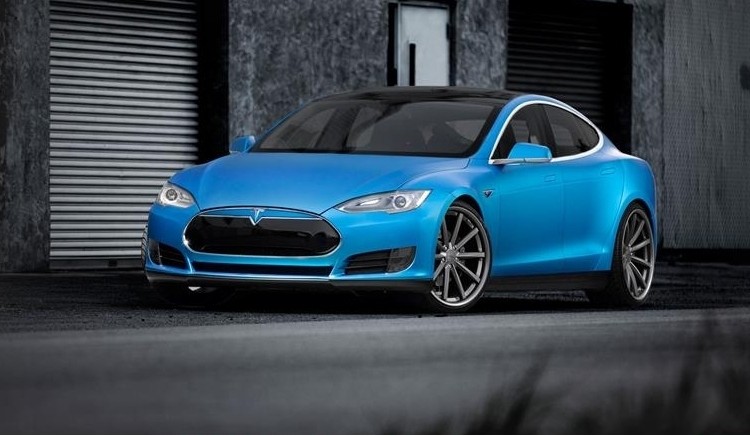
Tesla’s flagship Model S electric sedan has earned a five-star safety rating in every category en route to setting a record for the lowest likelihood of injury to occupants when tested for front, side, rear and rollover accidents. It’s a distinction that’s awarded to only one percent of all vehicles tested by safety regulators according to the company.
A press release issued late yesterday evening penned by CEO Elon Musk pointed out the sedan bested the safety score of all sport-utility vehicles and minivans tested by the National Highway Transportation Safety Administration (NHTSB).
Musk noted that the NHTSB does not publish a start rating above five although scores higher than this are provided in the overall Vehicle Safety Score provided to manufacturers. It’s here that the Model S achieved a new combined record of 5.4 starts, he said.
At least part of the reason the Model S scored so high is because it doesn’t have a front-mounted engine block. This, according to Tesla, gives it a larger crumple zone which lets the vehicle absorb front impacts better than traditional gasoline-powered vehicles.
Elsewhere, the vehicle did exceptionally well in the rollover test. Because the vehicle’s batteries are kept under the floor, this gives the car a lower center of gravity. As such, Musk said the Model S refused to turn over via normal methods and special means were needed to induce a rollover.
The company expects to sell roughly 20,000 of its Model S electric cars by the end of the year.